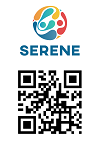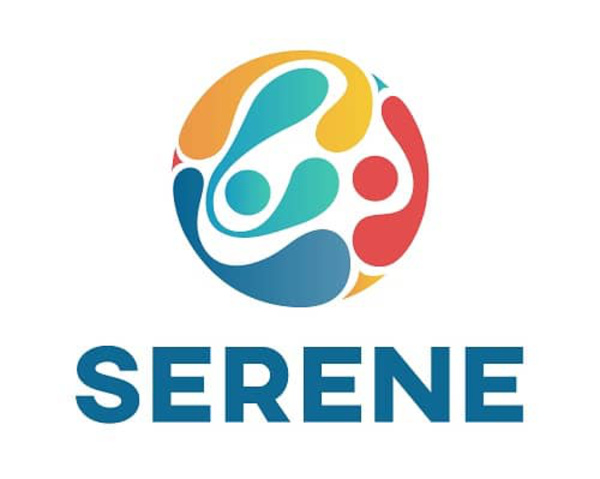![]()
Press release
Funded by Horizon 2020, the SERENE project, coordinated by Aalborg University in Denmark, has reached its conclusion after four and a half years of collaboration across the Netherlands, Poland and Denmark. Thirteen partners worked together to accelerate the energy transition through real-life demonstrations of innovative energy solutions.
Key Results Across Three Countries
Through its three national demonstrators, SERENE explored diverse technological and social approaches to managing energy at the community level, each revealing unique opportunities and challenges:
- Denmark: Demonstrated the effectiveness of community-level thermal storage, low-temperature district heating and energy management systems (EMS) delivering energy efficiency, cost optimisation and grid support.
- The Netherlands: In the Aardehuizen community, a community battery, EMS and a mobile app improved the local voltage profile and enabled residents to manage energy collectively, highlighting the power of active community engagement in driving energy solutions.
- Poland: Battery storage and EMS increased self-consumption and flexibility, demonstrated effective management of complex energy systems in a sport and culture arena, and highlighted the potential for local energy communities despite regulatory and legal gaps.
Lessons Learned
Drawing on four and a half years of real-world experience, SERENE identified five major insights that point to the practical pathways and policy shifts needed to drive the EU’s energy transition forward:
- The goal is energy sharing: Current regulations lag behind technology, making it difficult for households to share energy even when technically possible.
- Data interoperability is necessary for integration: Different standards and proprietary systems make it hard to connect diverse energy devices smoothly.
- Current market and regulatory structures incentivise the status quo: Existing frameworks often discourage new solutions, favouring conventional technologies.
- Need for controllable devices: Households need smart, controllable technologies to actively participate in energy management, but these are not yet widespread.
- Lack of trust in unproven technologies: Community engagement and trusted local ambassadors are key to overcoming public resistance and building acceptance.
Policy Recommendations
In collaboration with the SUSTENANCE and LocalRES projects, SERENE produced eight policy recommendations to overcome regulatory, technical, and social hurdles for community energy solutions. These include building local capacity through training and workshops, aligning regulations across governance levels, promoting standardisation and plug-and-play technologies, simplifying administrative procedures, and enabling flexible energy sharing frameworks. Together, they provide a clear pathway for scaling up SERENE’s solutions across Europe.
Impact and Looking Ahead
SERENE’s findings are already informing national discussions. In September 2025, the Dutch Minister for Climate Affairs highlighted the Aardehuizen demonstrator as a model for energy communities in a letter to the Dutch parliament. Of particular interest were the battery and coordinating EMS deployed by SERENE.
Although the project concludes at the end of October 2025, its knowledge, tools, and policy insights will continue to shape Europe’s energy transition in the years ahead. SERENE’s legacy will continue to inspire and guide community energy initiatives across Europe.
www: https://h2020serene.eu
LinkedIn: @SERENE H2020 project
https://www.linkedin.com/company/serene-h2020-project/
Media Contact:
prof. Birgitte Bak-Jensen
Aalborg University
SERENE project coordinator
bbj@energy.aau.dk
(+45) 9940 9274
![]()
Project Partners:

![]()



















